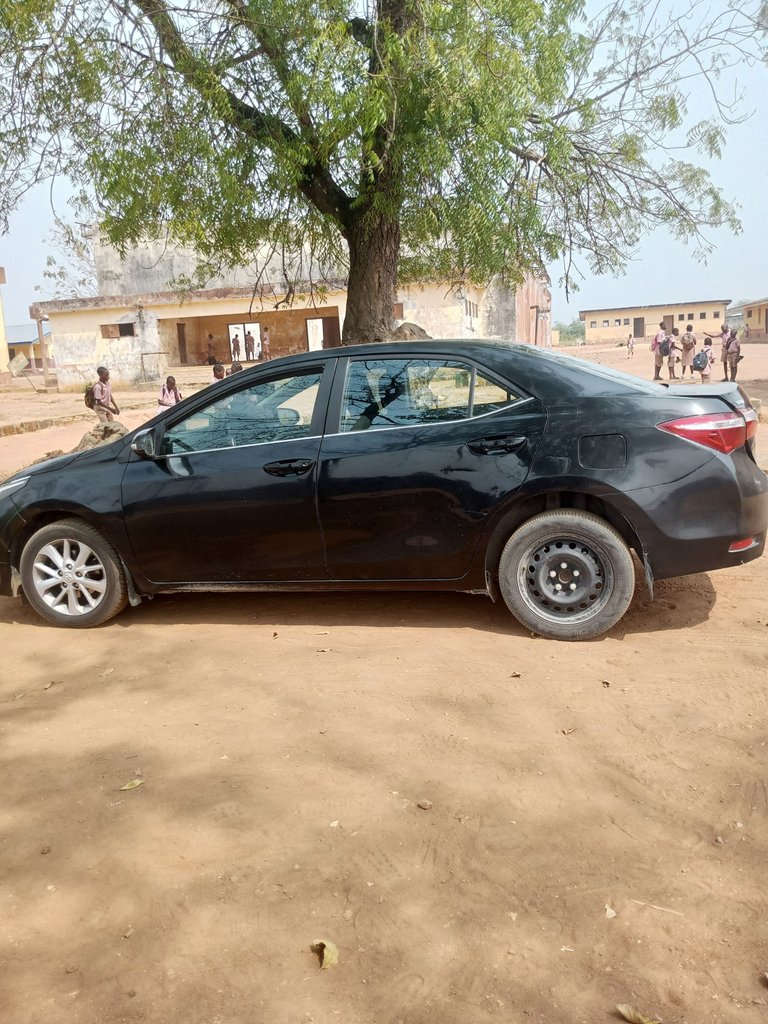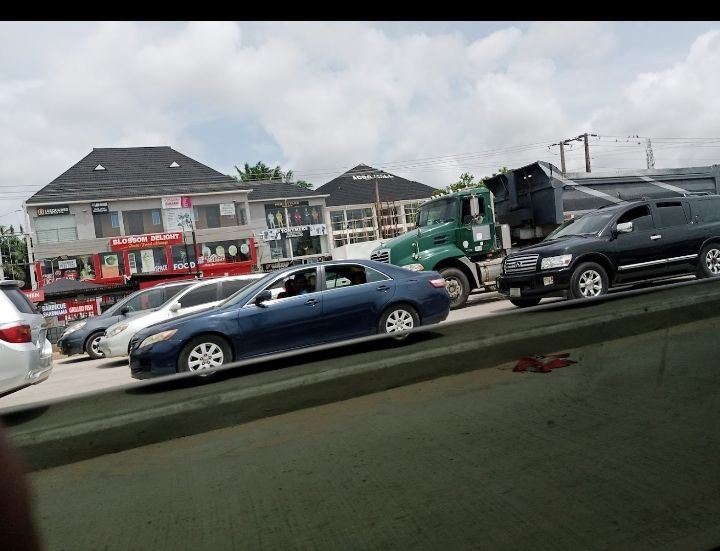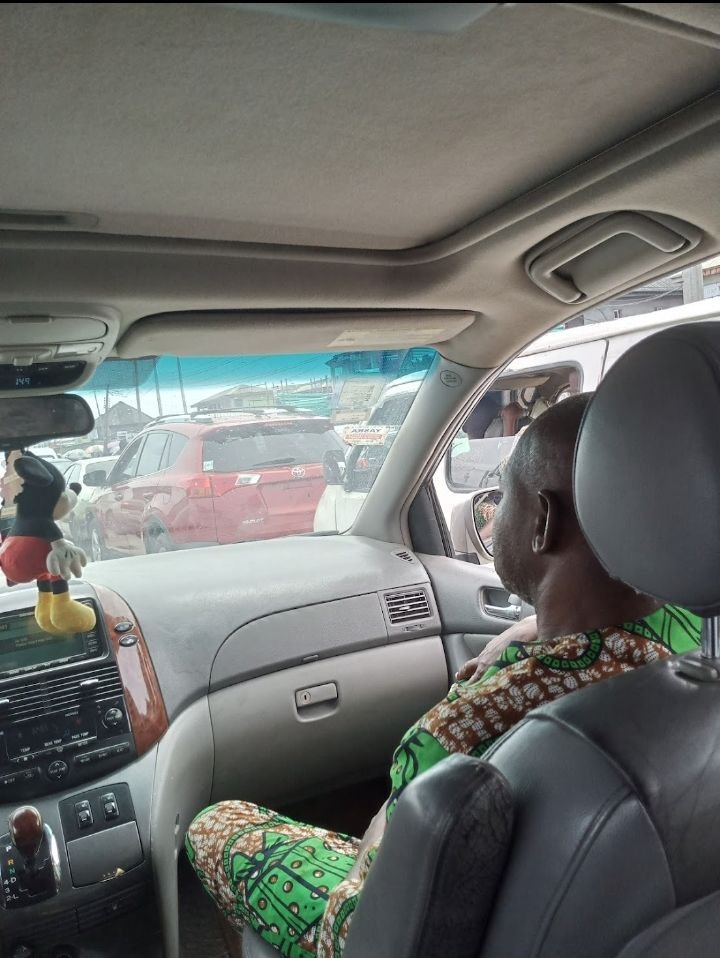To Reduce Traffic Congestion, it can be a policy for all.
Living in Lagos, Nigeria, often means the daily frustrations of overwhelming traffic is not a new thing to many of us. A typical day involves long commutes and the constant prayer for one car per family to alleviate some of the stress associated with the city’s notorious gridlock. Many residents find themselves trapped in their cars, wondering if they will ever reach their destination. The reality is that, without significant changes, our daily routines will remain dictated by the need to commute, leaving us confined to our homes or streets.

During my internship at a consulting firm in Ogba, Ikeja, I was faced with the daunting stress of commuting from Oworoshoki, a journey that required me to leave my house by 4:30 AM if I wanted to arrive by 7am. Anyone who knows Lagos understands that by 5:30 AM, the roads must have been filled with numerous numbers of vehicles. At that hour, it feels as if every vehicle in the city has suddenly been summoned to the same destination, creating a chaotic mess that leaves many stuck in traffic for hours.


This traffic was mad, we spent two hours without moving on this said day🤔
Returning home is no better; the same intense congestion rears its ugly head, turning a once-simple trip into a marathon of frustration. For those living in far-flung areas such as Ikorodu and working on Lagos Island, the situation is even bleaker. The daily battle against the sheer volume of cars on the road can be mentally and physically exhausting. It's a recipe for stress, fatigue, and, at times, despair.
If I were in charge of traffic management in Lagos, one of my primary initiatives would be to implement a "one car per family" policy. This could significantly alleviate some of the congestion and, in the process, help to reduce carbon emissions. The logic is simple: fewer cars on the road mean less traffic, which would translate to shorter commute times. We must also consider the environmental impact as every vehicle contributes to air pollution, reducing the number of cars is a step toward a cleaner, healthier city.
To make this vision a reality, I would start by addressing the households that seem to be at the heart of this problem, those who live in rented accommodations yet own more than two cars. It baffles me why a family living in a rented space would feel the need to possess multiple vehicles. Is it for show? I don't understand. Therefore, banning excess vehicles for families in rented accommodations could be a strategic move in our battle against traffic jams.
Will it make life hard for people or easier?
Of course,implementing such policies must surely be somehow hard for people and for this reason, it involve careful planning,and support from both the government and citizens alike. The government would need to invest in robust public transportation options to ensure that those who may be impacted by these changes have viable alternatives.
It will bbe hard for some people who cannot trekk or mount public transportation.
The images are mine.
My thoughts on the topic; One car per family from the #hivelearners community contest.
This post has been manually curated by @bhattg from Indiaunited community. Join us on our Discord Server.
Do you know that you can earn a passive income by delegating to @indiaunited. We share more than 100 % of the curation rewards with the delegators in the form of IUC tokens. HP delegators and IUC token holders also get upto 20% additional vote weight.
Here are some handy links for delegations: 100HP, 250HP, 500HP, 1000HP.
100% of the rewards from this comment goes to the curator for their manual curation efforts. Please encourage the curator @bhattg by upvoting this comment and support the community by voting the posts made by @indiaunited.